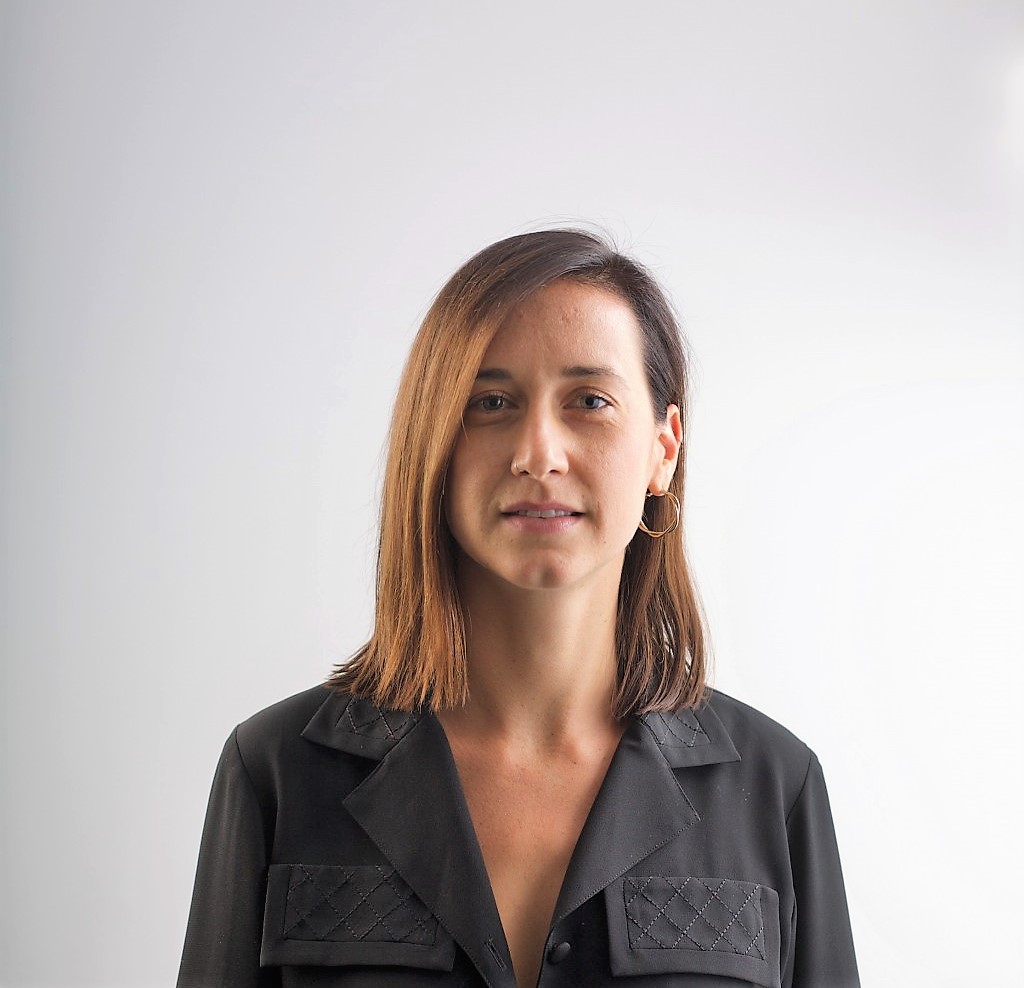Photo by Taylor Smith on Unsplash
When I began my research on the experiences on lesbian, gay, bisexual, and queer (LGBQ) people in leadership, I was full of questions. These were not only questions about how I would conduct the research, but about how I related to the work, and whether I was the right person for this project. As a bisexual woman, I questioned if I was “queer enough” to be in the position of conducting this research. I worried about how others would perceive me. I wondered about where I fit in all of this.
These feelings started to shift as I embarked on my fieldwork. To date, I have interviewed twenty-seven people who identify as lesbian, gay, bisexual, or queer, and have leadership experience in the United Kingdom. Conducting these interviews made me feel energized, engaged, and grateful. I felt inspired by both the willingness to be vulnerable and the resilience of the people that I had the privilege of interviewing for this project. After interviewing around ten participants, I started to realize that all those questions around whether I was the right person to do this research began to dissipate. As I became more engaged in the work, my focus shifted towards how I was conducting these interviews and the stories of the participants. I noticed the sense of connection and empathy that I felt when people spoke about their experiences with me. Each interview became an opportunity to be fully present with the person in front of me, and to hold space for whatever they chose to share.
I also noticed that the feelings of connection and empathy were not necessarily strongest with the people that I had the most in common with. I found that stories facilitated connection, and that I didn’t have to share identities with someone to feel that I could relate to what they were saying, or to feel a great amount of empathy. While the experiences I’ve had as a queer woman drives my motivation for this work, I’ve started to realize that the passion that I feel for this project isn’t only linked to my sexual identity. It’s linked to who I am as a person, and my drive to connect with people on a deeper level. These interviews also allowed me to recognize my own need for LGBQ role models, which I realized I’ve been missing in my life.
I’m starting to understand how working through feelings of being an impostor may be linked to embracing what makes you feel vulnerable or different. Interestingly, many of the people that I interviewed described feeling like an impostor at some point in their careers and leadership roles. This experience of feeling like an impostor is another way that I felt connected with my participants.
So, what do you do when you feel like you are not the “right fit”? Is this a reason to leave, to shy away from new experiences?
If my participants had waited until they felt like they were the right fit to step into a leadership role, many of them may still be waiting. Through these interviews, I’ve learned how leadership is about taking a leap, identifying needs for change, facing discomfort, and embracing the vulnerability that comes along with this.
I now believe that when we stay despite feeling like we may not fit, we can create opportunities for change. Saying this, I think it’s very important to acknowledge the support that people need when struggling with feeling like an impostor. For me, being able to voice what I was feeling to my supervisors and colleagues was central to working through these emotions. Ideally, people should be able to discuss these feelings in their workplaces and may also need other spaces for support that allow them to share openly. Change may begin with an individual, but it calls for support within a greater network to be sustainable.
As I continue to do this research, I don’t doubt that I’ll have moments where I will question myself or my ability to succeed in my role. However, I now have twenty-seven stories (and counting) to inspire me and keep me going on this journey.
See my initial post on imposter syndrome: Where I’m starting from: responding to impostor syndrome

Sexual and gender minorities on their pathways to leadership (UK)
